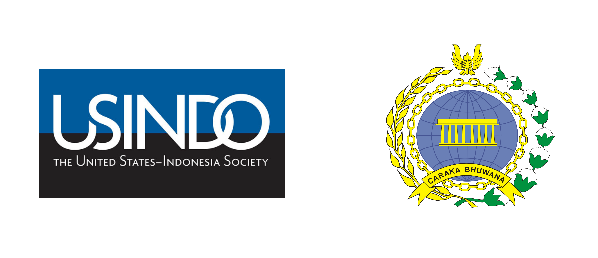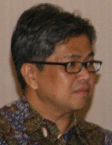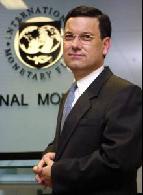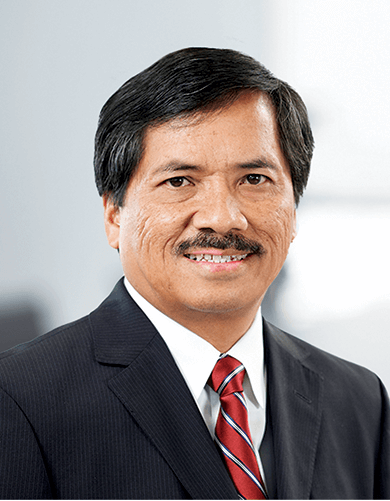The State of the Global Financial Architecture: Perspectives of the U.S. and Indonesia

The United States-Indonesia Society and Ministry of Foreign Affairs, Republic of Indonesia
Cordially invite you to an Open Forum on
The State of the Global Financial Architecture: Perspectives of the U.S. and Indonesia
with

Gustanto D. Surakusuma
Assistant Deputy for America and Pacific Economic Cooperation,
Coordinating Ministry for Economic Affairs, Republic of Indonesia

Jim Mullinax
Counselor for Economic Affairs
U.S. Embassy Jakarta

Dr. David Nellor
Adjunct Professor at the Lee Kuan Yew School for Public Policy, National University of Singapore (NUS)
Former IMF Resident Representative in Indonesia

Umar Juoro
Chairman
Supervisory Board of Bank Indonesia
Tuesday, December 8, 2015
01:30 – 03:30 pm
Venue: Auditorium BPPK Kementerian Luar Negeri
Jl. Taman Pejambon No. 6
Jakarta Pusat
Achieving economic growth and development are among the most important national goals that all countries in the world strive towards. However, finding the funds to realize various development projects is no small task. This is even truer in times of global economic slowdown. The International Monetary Fund (IMF), World Bank, the Asian Development Bank (ADB), and other financial institutions were set up in order to regulate and stabilize the global economy and provide the financial support that countries need to conduct their development projects. As the world’s fastest-growing region, Asia’s need for finance for infrastructure development has never been higher and reaches almost US $750 billion per year. One of the newest institutions established to respond to this demand is the Asian Infrastructure Investment Bank (AIIB), which Indonesia has recently joined.
How do Indonesia and the United States each view the current global financial architecture? How does the AIIB differ from existing financial institutions such as the ADB, the IMF and the World Bank, and how will it co-exist with these more mature financial institutions? What impact will AIIB have on the United States and Indonesia’s economy? In the latest G-20 Summit in Turkey, Indonesia urged reform of the IMF. How urgently is reform of global financial institutions needed, and what kinds of reforms are being suggested?
The United States-Indonesia Society (USINDO), in cooperation with the Policy Analysis and Development Agency (BPPK) of the Ministry of Foreign Affairs, Republic of Indonesia (KEMLU), is delighted to host this open forum on The State of Global Financial Architecture: Perspectives of the U.S. and Indonesia. Please join us for this informative event.
This event is open and FREE of charge. To register, please kindly RSVP HERE by 09.00 am, Tuesday, December 8, 2015.
